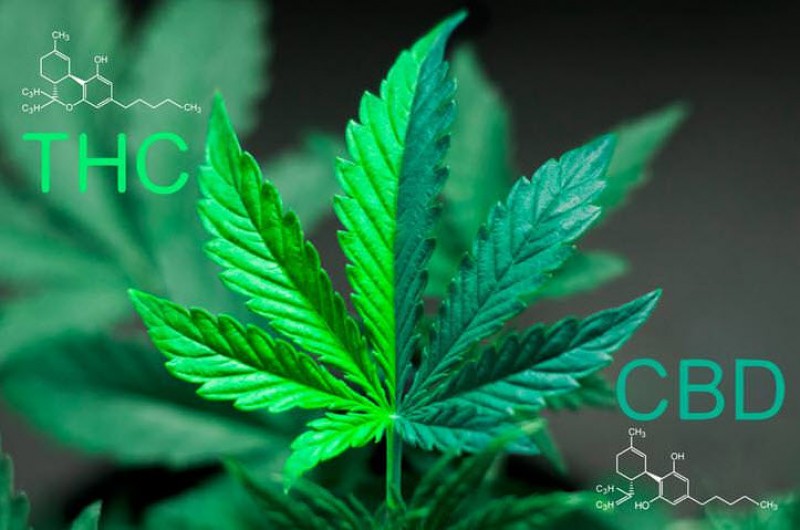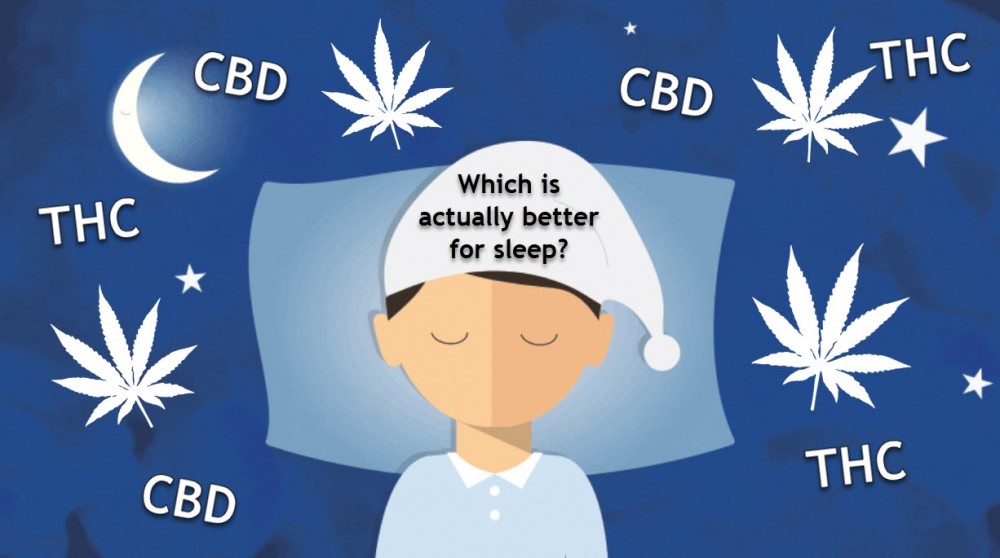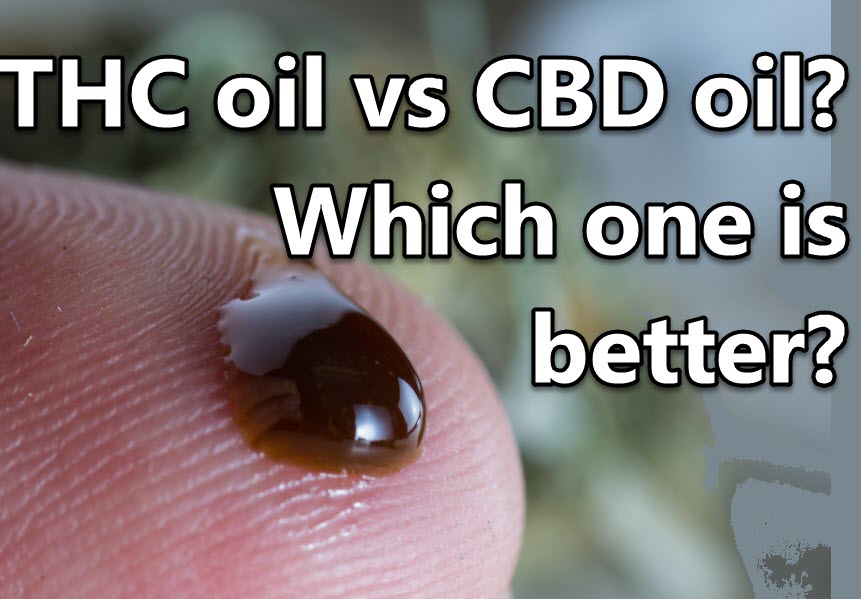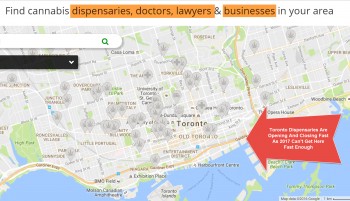THC vs. CBD: A Complete Guide
With the increased use of legal cannabis, consumers are growing more and more curious about the plant, its derivatives, and the health options these provide. The two most researched compounds associated with cannabis are THC and CBD, two substances that the average consumer often conflates. THC is the core psychoactive element present in marijuana and is usually consumed via smoking, vaping, or edibles while the best CBD products are sold as CBD oil, gummies, and gels.
Despite their similarities in chemical structure and how they are sourced, THC and CBD have vastly different effects on users. Below is a list of factors that will help you understand how CBD and THC are different and why it is crucial to understand these differences before buying any cannabis-derived product.
Chemical Structures
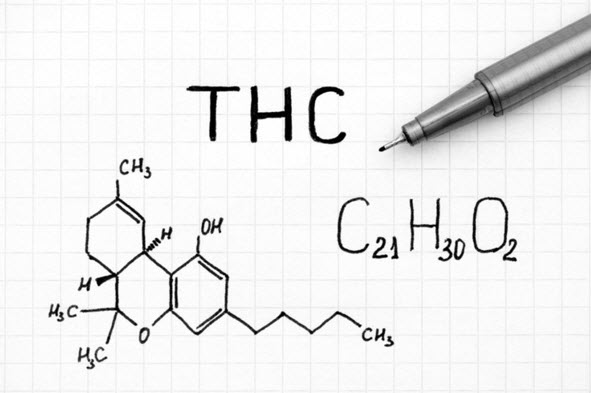
CBD and THC compounds exhibit the same molecular composition but different structures. Both contain twenty-one carbon atoms, thirty hydrogen atoms, and two oxygen atoms. Different impacts on the body upon use are only the result of small differences in their atom arrangements, or structure. The chemical composition of THC and CBD allows for the two compounds to interact with cannabinoid receptors in the brain and immune systems helping to regulate cell activity throughout our bodies.
Psychoactive Elements
CBD oil and other CBD products produce no psychoactive effects meaning you will not get “high” from CBD. However, the opposite is true when it comes to THC. The “high” effect associated with marijuana is produced due to THC having a high affinity to CB1 receptors in the brain. CBD compounds have a stronger affinity to CB2 receptors, which do not play a part in creating a “high.”
Legality
Due to its increasing popularity and the overwhelming evidence supporting its medicinal properties, CBD has gained significant legal ground in the United States in the last decade. While CBD is largely available nationwide, specific CBD laws vary widely by state, so if you wish to buy CBD oil products make sure they comply with your state’s laws. CBD can be purchased online or in holistic stores in most states.
Access to THC is more limited than CBD, as it is only legal in states that have legalized its medical and/or recreational use. In states where THC is legal, it must usually be purchased at a state-certified dispensary or through a licensed doctor.
Medical Benefits
There are numerous health benefits associated with both THC and CBD products like CBD tablets. While they both offer relief from conditions like pain and insomnia, their side effects are entirely different. The major difference is that the psychoactive effects that occur when using THC do not happen when consuming CBD products. That is why many prefer using CBD products due to their lack of the euphoric or “high” side effect.
Health conditions CBD can help with include cases of seizures, extreme pain, mental illness, nausea, depression, anxiety, and inflammation. THC assists in the treatment of conditions such as pain, lack of appetite, anxiety, insomnia, and glaucoma.
Other Side Effects
Even when consumed in large amounts, CBD can be tolerated. Any side effects that arise from CBD use mainly result from interactions between CBD and other medications.
In addition to its psychoactive properties, THC has more side effects like an increased heartbeat, dry mouth, red eyes, memory loss, and slow reactions. Moreover, high THC use over extended periods of time may result in adverse psychiatric effects.
Drug Testing
Traces of cannabinoids such as THC and CBD are stored in fat tissue in the body. These traces can come up in drug tests even weeks after consuming THC or CBD products. However, due to its psychoactive effects, drug tests only check for THC and not CBD.
Final Word
Overall, CBD offers a better alternative than THC when considering these factors. CBD products are generally healthier, safer, and most importantly, legal.
A Guide to THC vs. CBD - Know the Difference from CannabisNet on Vimeo.
OTHER STORIES YOU MAY ENJOY...
CBD OR THC FOR SLEEP? CLICK HERE.
